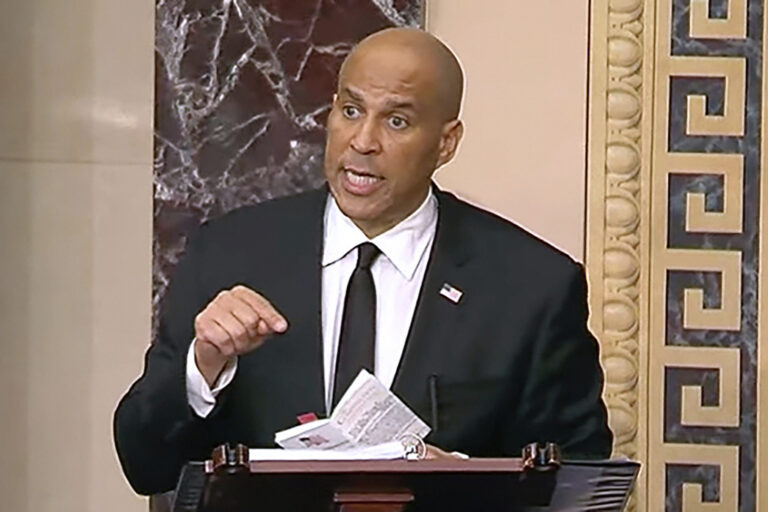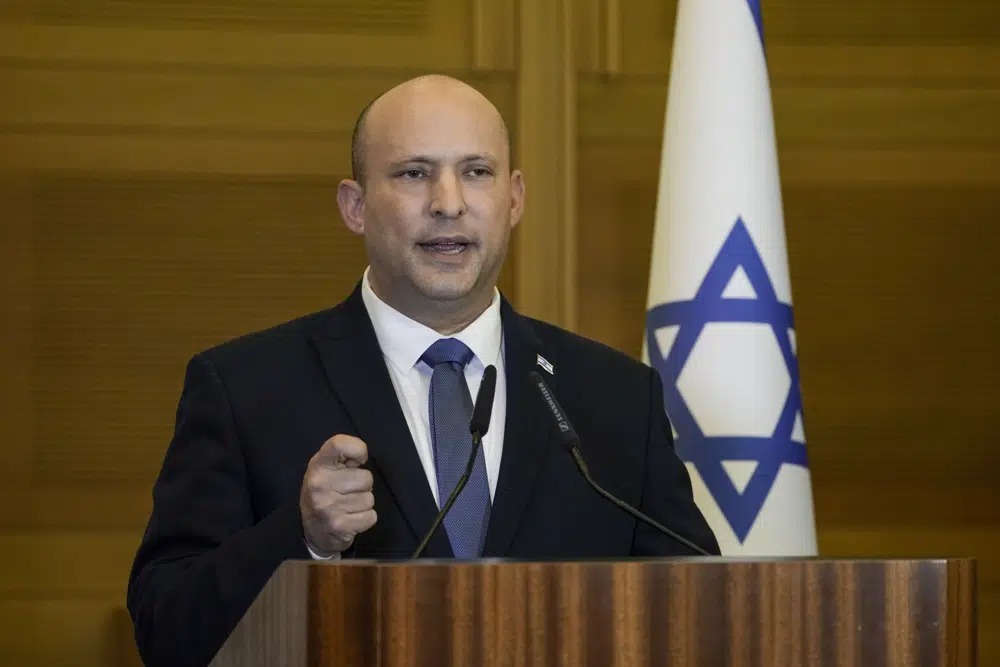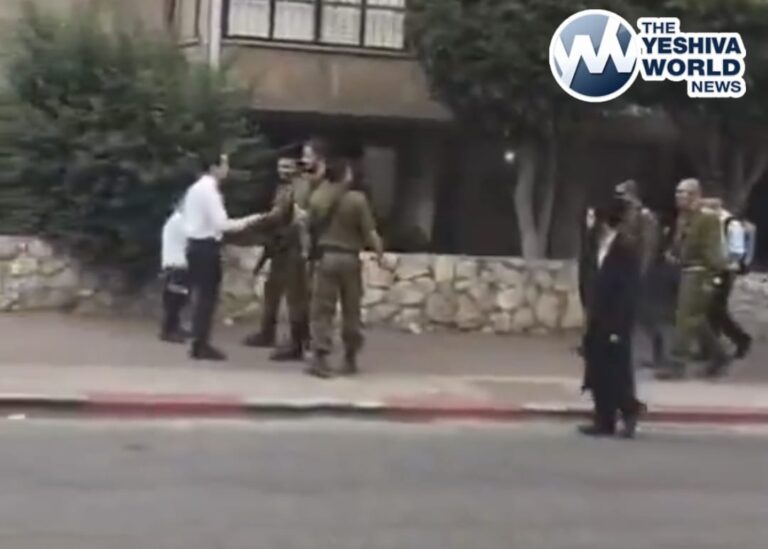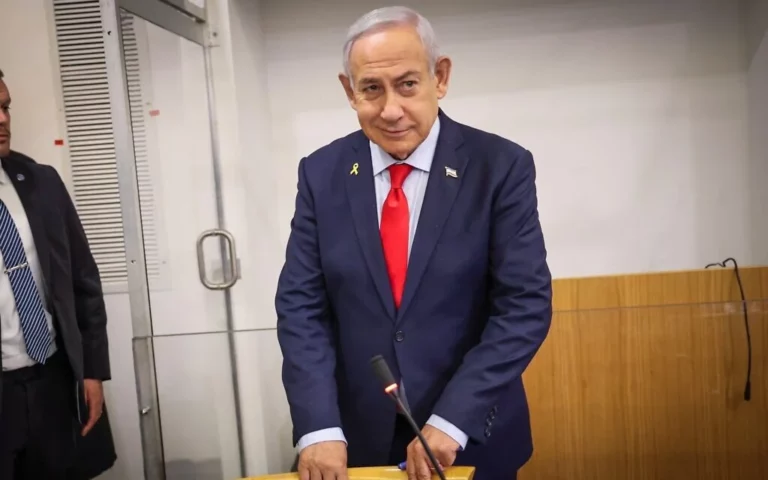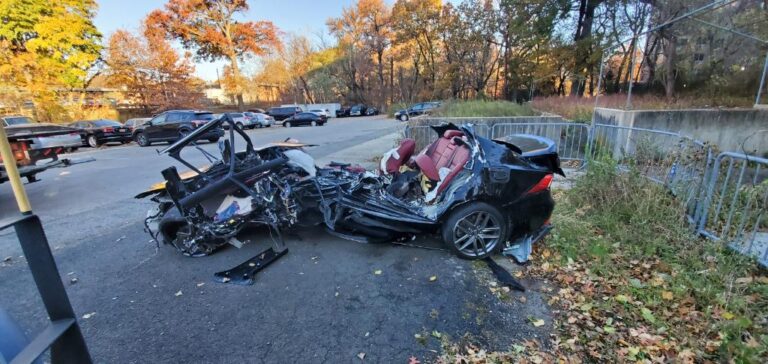Some news for Jerusalem residents of Kiryat Yovel and Ramat Eshkol. The District Committee approved Mayor Nir Barkat’s plan for the construction of public and cultural buildings for the dati leumi tzibur in the Warburg complex, which he feels will strengthen Kiryat Yovel and the Education Center for all sectors.
Within the framework of the Kiryat HaYovel program, student dormitories will be established, a home for the lone soldier, a pre-army preparatory building and a graduates’ area, a cultural center, a cafeteria and a communal café and community garden.
In addition, the mayor decided to establish a new dati leumi torani school in Kiryat Yovel and to expand the state school of experimental Argentina in a neighborhood that has become an educational and cultural anchor for the dati leumi sector in the neighborhood.
In addition, the District Committee approved the plan for the Education Campus in Ramat Eshkol. As part of the plan, an educational complex will be established that will provide a solution for the chareidi and dati leumi sectors. The compound will include an educational complex for the chareidi, an educational site for the dati leumi sector that will include an educational institution and an academic college. In addition, the nearby soccer field will be renovated for the benefit of the neighborhood residents.
The transfer of the Warburg Plan and the Ramat Eshkol Plan in the District Committee is part of the outline of a groundbreaking series led by Mayor Nir Barkat in recent months in cooperation with the community administrations and representatives of the sectors that regulates the preservation of the character of the neighborhoods and reduces the friction between the sectors while providing optimal responses to the educational and community needs of the various populations.
The plan can be implemented now, due to the Municipality’s actions to reduce thousands of classrooms and reduce physical gaps that increase the budgetary pie and reduce friction. In the merit of the existence of public leadership in the two sectors under the leadership of the mayor and in cooperation with him, they feel the two sectors can operate under one leadership and successfully manage life in Jerusalem.
Mayor Nir Barkat stated that “the approval of the public and cultural buildings for the dati leumi public in the Warburg complex and the Kiryat Chinuch (Educational Center) for all the sectors in Ramat Eshkol are in large numbers that will strengthen the neighborhoods. We are at the conclusion of a historic process. In a way that gives hope to all the sectors to continue to grow, not one at the expense of the other. Instead of a discourse of war over the remains of everyone’s flesh, we are moving to the discourse of bringing real peace that will allow everyone to grow, that is what most of the public wants, and not to permit extremists from either side to lead us. I admit on all sides there are extremists that will never accept any plan. It does not matter what the preference is, but always opting for war. However, this is the correct and good thing for the capital.
In the framework of the plan, there will not be an exclusive chareidi school built [with the exception of kindergarten] in a secular area, but the solution will be given in the adjacent neighborhood and the borderline communities to avoid harming the fabric of the communities, and the school for the chareidi minority in Kiryat Yovel will be in Bayit Vegan and on the seam between communities. The solution for the chareidi minority in French Hill will be found in nearby Ramat Eshkol and the chareidi minority in Pisgat Ze’ev will find the solution in N’vei Yaakov.
City Hall explains “The city has begun preparing thousands of classrooms for the chareidi sector to provide a solution to the shortage but not a solution for one at the expense of another. The classrooms will meet regulation and they will be quality classes as is the case in all areas of Israel”.
The city’s spokesman adds, “Barkat’s plan will significantly reduce the friction in the neighborhoods between the sectors, and will enable an optimal response to the needs of all sectors, each in his neighborhood”.
(YWN – Israel Desk, Jerusalem)



